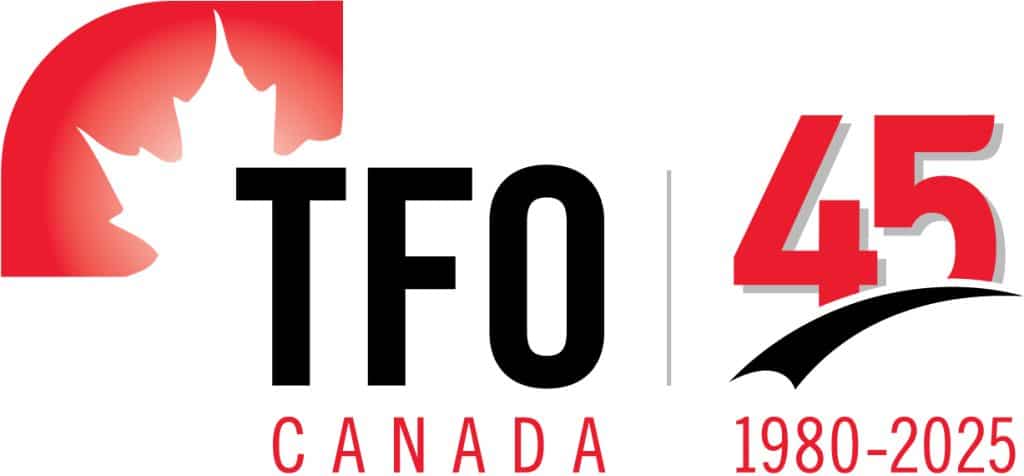Last month, the European Union proposed a plan to institute levies on imports from a set of industries that have heavy emissions of carbon dioxide, a major culprit of the greenhouse gas effect that warms the Earth’s temperatures. The EU’s plan still needs approval from member countries and wouldn’t begin imposing tariffs until 2026 on goods from five sectors: iron and steel, aluminum, cement, fertilizers, and electricity.
In theory, there shouldn’t be a large impact when it comes to the EU proposal because some of Canada’s heavy carbon-emitting industries such as energy and mining aren’t currently included, said Cynthia Leach, a senior director of RBC’s economic analysis outfit and an author of the report. “But, that (threat) can change over time and there’s a big question mark over the extent to which border carbon taxes can, in practice, align with theory,” Leach said. “There could be a lot of political pressure to use this to further (domestic interests), therefore polluting the intended impacts.”
Read more here
